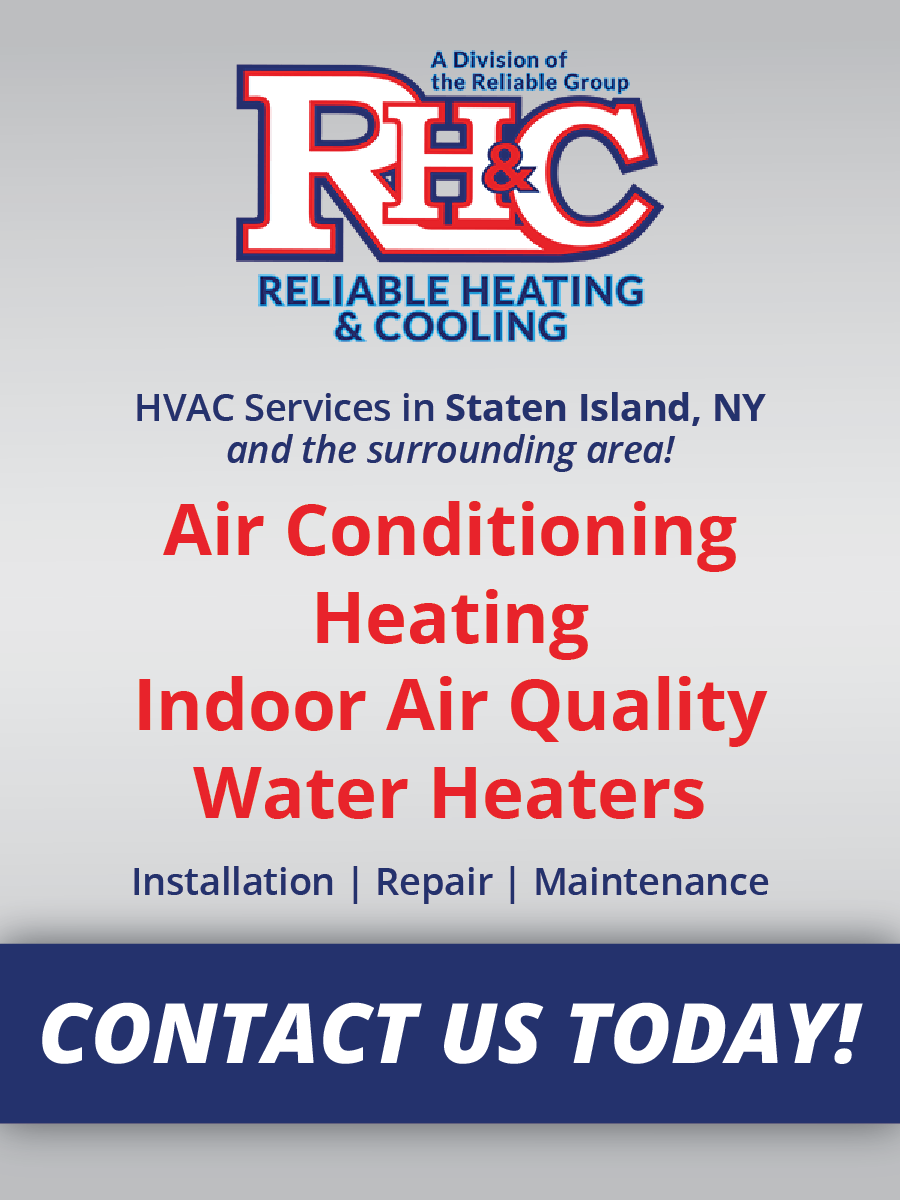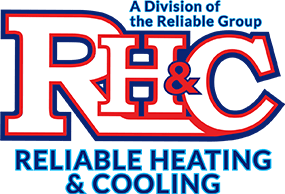Frequently Asked Questions
Reliable HVAC Solutions in New York
-
What Temperature Should I Set My Air Conditioner in Summer?
According to the U.S. Department of Energy, the ideal temperature to set your air conditioner to in the summertime is 78 degrees. While this may seem too warm for summer, it can actually help you save on your energy bills.
To keep your home comfortable, while also keeping your costs low, try some alternative cooling methods. This may include switching to CFL or LED light bulbs, avoiding running large appliances during the hottest part of the day, investing in window insulation, and closing your blinds while keeping your fan running. Just a note: make sure your ceiling fan is spinning counterclockwise for optimal cooling in the summer.
-
What Are BTUs for Air Conditioners?
BTUs, otherwise known as British Thermal Units, measure the amount of energy an AC unit uses. Specifically, it looks at how much heat the air conditioner is able to remove from your home’s air. Air conditioners come with energy efficiency ratings which include it’s BTU rating. The higher the AC’s BTU rating, the more powerful the system is.
-
How Long Do Window Air Conditioners Last?
Typically, a window air conditioner can last between 8 and 10 years. However, the frequency of use, quality of the unit, and level of maintenance received can impact this.
-
How Long Do Central Air Conditioners Last?
In contrast, central air conditioners often can last 10 to 15 years. Similarly, how often the system was used, if it was sized and installed correctly, and if it received tune-ups when needed, can either extend or shorten this lifespan.
-
Why Is My AC Unit Leaking Water?
There are a couple of reasons why your AC unit may be leaking water. Including a clogged or obstructed condensate drain line, corroded or broken drain pan, and evaporator coils that have frozen. Additionally, a drain line that has detached from the unit or a faulty condensate pump, can lead to a leak.
-
What Causes an Air Conditioner to Freeze Up?
Common causes behind an air conditioner freezing up are low refrigerant levels, lack of adequate airflow, defective blower motor, and dirty filters or coils.
-
How Long Should an Air Conditioner Run?
On average, an air conditioner should run between 15 and 20 minutes with a few cycles an hour. However, depending on thermostat settings and the temperature outside, you may notice your air conditioning cycle and run time changing. For example, on hotter days it may run for longer and on cooler days it may run for shorter.
-
What Is Short Cycling?
Air conditioner short cycling occurs when your system constantly starts and stops. This problem can cause the unit to become overworked, leading to general wear-and-tear.
A common reason behind short cycling is an incorrectly sized air conditioner, faulty thermostat, or a refrigerant leak.
-
Is My Air Conditioner Too Big?
If you notice a significant increase in your utility bills, a decrease in your home’s comfort, heightened indoor humidity, temperature fluctuations between rooms, or that your system is short cycling, your air conditioner may be too big. An oversized air conditioner will cause a loss in efficiency and a wearing down of the unit, which typically leads to the system breaking down early.
-
How Often Should You Replace Your Air Filter?
It is typically recommended that you replace pleated air filters every 90 days and fiberglass filters once a month. Additionally, if you have pets, allergies, or live in an area with more smog, the filter may need to be replaced more often.
-
What Is the MERV Rating on Air Filters?
The MERV Rating, or Minimum Efficiency Reporting Value, determines how effective an air filter is. Most HVAC systems will recommend what MERV filter rating would be most compatible for your unit, however most residential properties recommend filters with a MERV rating of 13
-
Why Is My Indoor Air Quality So Bad?
Your indoor air quality may be suffering as a result of inadequate ventilation or pollutants in the air such as pollen, pet dander, dirt, mold, mildew, smoke, and VOCs. Common signs of poor indoor air quality include headaches, sinus problems, aggravated allergies or asthma symptoms, coughing, skin irritation, and sneezing.
-
What Are VOCs?
According to the EPA, VOCs (Volatile organic compounds) are chemicals that are often found in common household products, such as paint, cleaners and disinfectants, pesticides, air fresheners, and so much more. Unfortunately, because these chemicals are ingredients in so many products we use, it can have a negative effect on our indoor air quality and can cause a host of health problems.
-
How to Improve the Air Quality in Your Home?
To help improve the air quality in your home, be sure to regularly change your air filters, dust and clean your floors weekly to remove any dust or allergens, switch to eco-friendly cleaning products, purchase a dehumidifier to reduce indoor moisture, and improve air circulation within your home. You may also want to consider investing in an air cleaner or purifier.
-
How Do Ductless Air Conditioners Work?
As the name suggests, ductless air conditioners don’t require ductwork as traditional HVAC systems might. Instead, they utilize an indoor unit and outdoor unit to remove the warm air from a room.
-
Do Mini Splits Heat and Cool?
Yes, mini splits can provide both heating and cooling.
-
What Size Water Heater Do I Need?
What size water heater you’ll need will depend on how many people live in your home and how much hot water will be necessary. This will tell you what tank capacity you require. For example, if the house only has one resident a 30-gallon tank would suffice. While a family of four, may require a 50-gallon tank.
While tankless water heaters don’t rely on a tank to store the water, what size system you purchase still matters. Similarly, this will depend on your home’s hot water demands. When it comes to sizing a water heater it's best to consult with a professional technician to ensure the right system is selected.
-
How Long Does a Water Heater Take to Heat Up?
For a gas water heater, it can take roughly 30 minutes for the water to heat up, while an electric water heater can potentially take over an hour. In contrast, a tankless system heats water on-demand, so there is no waiting time.
-
Why Is My Water Heater Leaking?
Where your water heater is leaking from will typically indicate the cause. For example, if your water heater is leaking from the bottom of the tank it’s most likely an issue with the drain valve, while a leak at the top of the unit could be the result of loose connections, valves, or a damaged anode rode. If the tank itself is leaking you’ll need to replace the unit, as it often indicates that the tank is damaged, cracked, or corroded.
Financing Assistance is Available!

Turn to Reliable Heating and Cooling for HVAC Services in Staten Island and the surrounding area!
by calling
347-845-8389
Or fill out the form below and we will be in contact within one business day.
FAQ
Thank you for contacting Reliable Heating and Cooling!
We will get back to you as soon as possible.
Oops, there was an error sending your message.
Please try again later...

